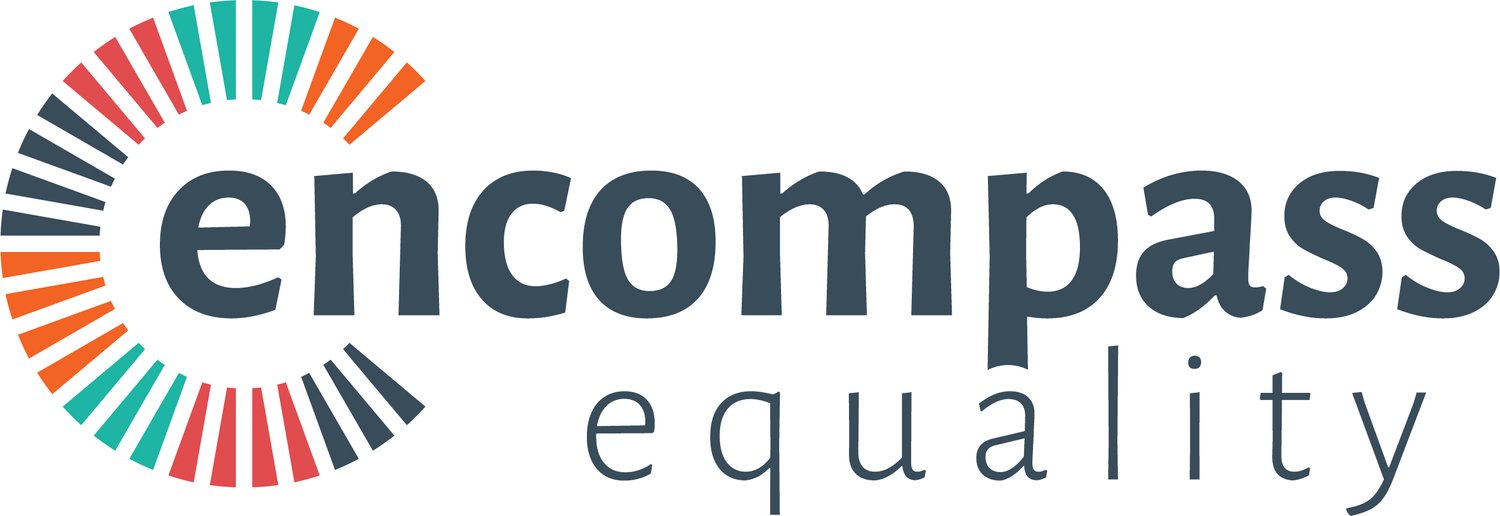Empowering progress: The critical role of line managers in retaining women
with Fiona Dawson
Episode #54: Empowering progress: The critical role of line managers in retaining women with Fiona Dawson
Series 8, Episode 2, Wednesday 12 February 2025
In this episode, Joy Burnford chats to Fiona Dawson. Fiona spent 33 years at Mars, holding many leadership roles across the business, before retiring in 2021 to focus on building her non-executive career. She is a non-executive director at LEGO, Marks and Spencer, Kerry Foods and Reckitt, as well as President of the Chartered Management Institute and a trustee to the Social Mobility Foundation. She was also awarded a CBE in 2021 for services to women and the economy.
Key takeaways
The critical role of line managers: Fiona shares examples of line managers and supportive bosses who encouraged her to take on new roles and challenges despite her personal circumstances. Mars created a supportive environment where she was able to ask for what she needed, and that was key to her career success. The single most important factor in any career is your line manager. Fiona recalls that they used to say in Mars, that people don't leave the company, they leave the person. In recent CMI research, 60% of women said that having a supportive line manager was the single biggest thing that was making a difference to their career, ahead of flexible working and other policies (this mirrors our findings in our Why Women Leave research). It takes training, because having these conversations can be difficult. But having a line manager who really understands you, can unlock your potential, and gives you permission to be your best is incredibly important.
The importance of building networks: Fiona notes it is important to build up an informal network of people you can trust, both inside and outside of your organisation. You have to invest in building your network, it’s not just about the initial connection.
You can be an empathetic leader: Fiona learned a lot from women who were developing real, authentic leadership styles. She has an expression “be hard in the problem and soft in the person.” So you can be empathetic as a leader, but still be hard on the issues.
There is a “say-do gap” when it comes to gender equality: CMI research “Walking the Walk” found that 81% of HR executives said gender equality was important, but only 62% of employees say that’s their experience, equating to a “say-do gap”. Gender equality is on the agenda, it is on the way to being embedded in organisations in a meaningful way, but we are not there yet.
Intersectionality and social mobility: It is important to address barriers faced by individuals from different socio-economic backgrounds. The class gap is about 12% and tragically, class does makes a difference. When you look at that through a gender lens, it becomes even more amplified. Women from a working class backgrounds are less likely to talk about their background and are more likely to conceal it.
Continue gender equality initiatives and avoid complacency: There is a real danger, and a current trend of organisations dropping their EDI initiatives. But we are not done. The stats do not show it, we can go backwards, and we need to make sure our voices are still heard, maybe in different ways. We do need to use data to back it up, but we also need to be firm to make sure we don't go backwards when we have got already such good momentum.
Insights from Fiona
“The single most important factor in any career has always been, and it was 30 years ago, your line manager. We used to say in Mars, and this was before the D&I journey, people don't leave the company, they leave the person. And we know that again, in the research that we did recently in CMI, that 60% of women say that having a supportive line manager was the single biggest thing that was making a difference to their career, and that's ahead of things like policies and flexible working, etc.”
“We are not done. The stats do not show it. We can go backwards, and we need to make sure our voices are still heard, maybe in different ways. We do need to use data to back it up, but we also need to be firm to make sure we don't go backwards when we have already got such good momentum.”
“The tragic thing, when we look at social classes, we know that the class gap is about 12% and that class makes a difference. You know, you're less likely to progress. Now, when you look at it through a gender lens, it becomes even more amplified. And actually, if you were to take the pay gap, for instance, as a very rough proxy, and we look at women from working class backgrounds versus men from more sort of business backgrounds. Actually, you'll see that's more than both of the pay gaps added together. And women from a working class background are less likely to talk about their background. They're more likely to conceal it.”
Keywords
gender equality, leadership roles, career progression, supportive managers, work-life balance, intersectionality, social mobility, mentorship programs, line management, retention strategies, career challenges, empathetic leadership, networking importance, business results, career fulfillment
Links and resources
Fiona’s recommended podcasts: This Cultural Life, Soul Music or Desert Island Discs.
Fiona’s recommended book: Don’t Fix Women, by Joy Burnford
CMI research: Walking the Walk Report, July 2024
Encompass Equality research: Why Women Leave
The Social Mobility Foundation: https://www.socialmobility.org.uk/
How Encompass Equality can help you
Book a call with Helen Beedham, our Head of Programmes, to find out more about you can retain and progress female talent in your organisation.

